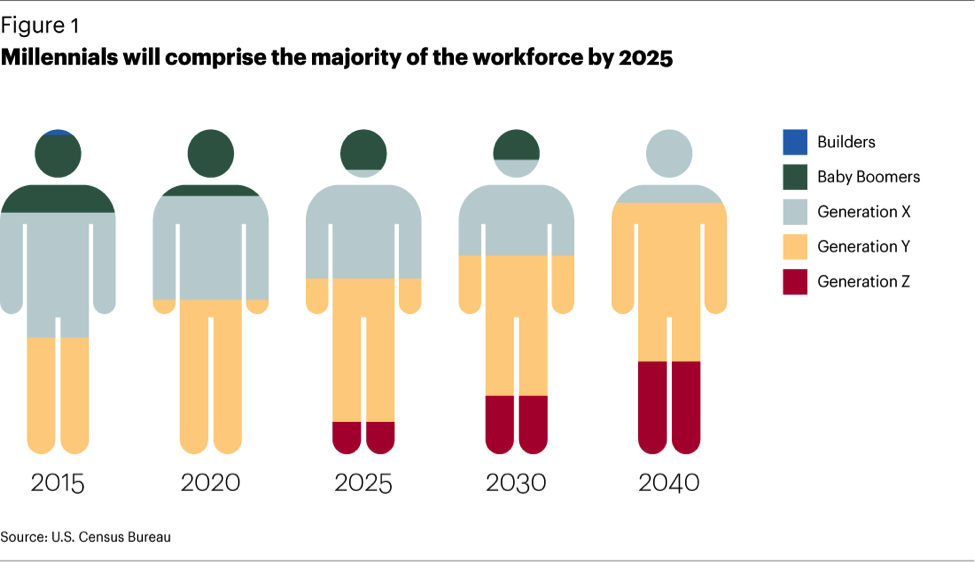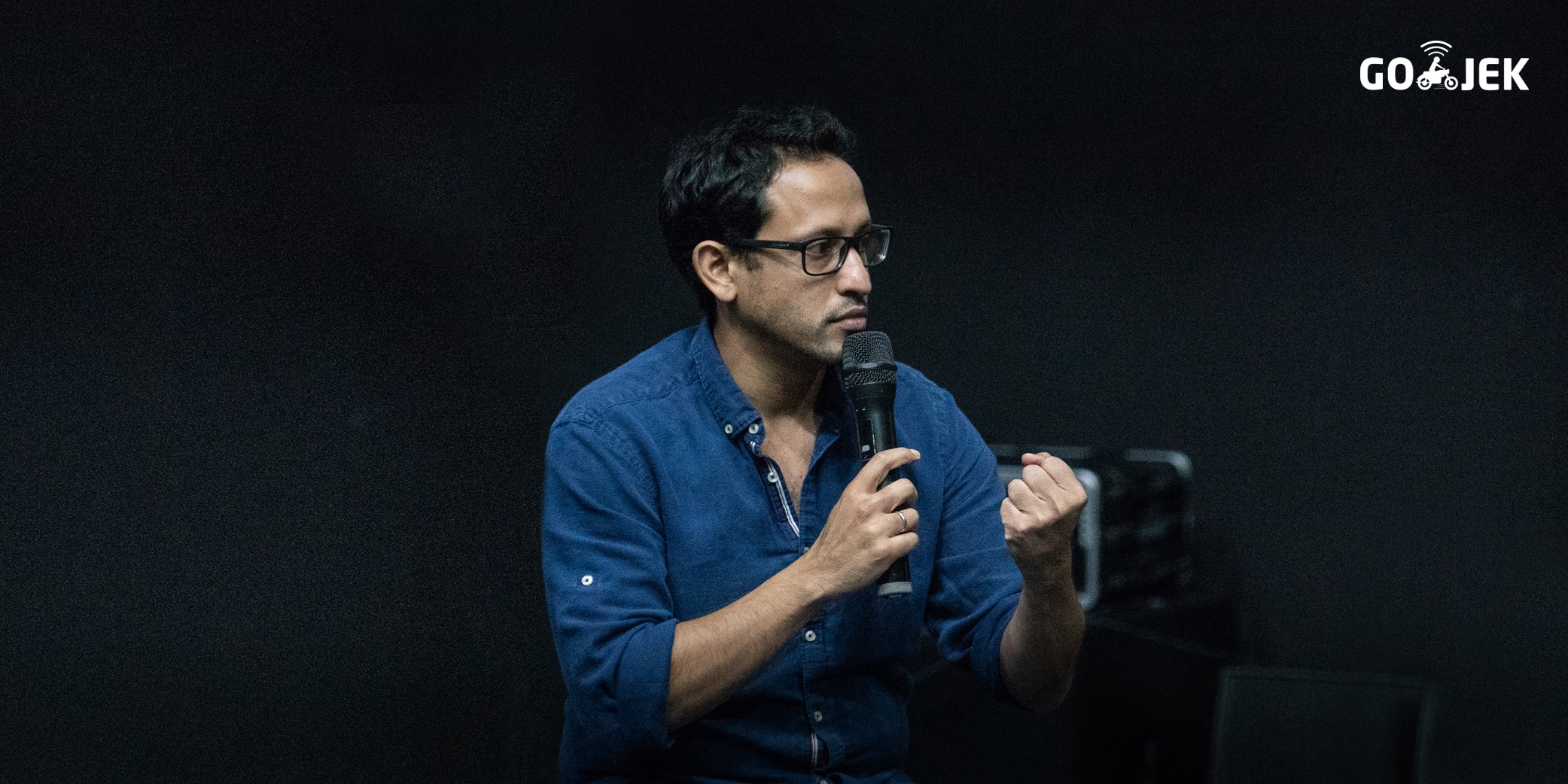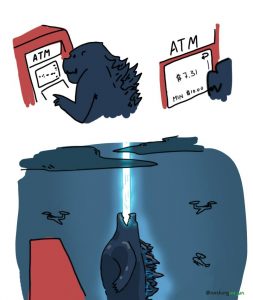
There’s no other group out there that are more misunderstood than the millennials.
A good case in point is when we can’t even agree on what age range they belong to. The definition of the millennial generation varies from those born between 1981 and 1996 or 1980s to the mid-1990s and early 2000s.
From being labelled as entitled, narcissistic, impatient, liberal, adventurous, confident and a whole bunch of both negative and positive adjectives, the millennial generation clearly has too many hats to wear.
They have been accused of ruining a handful of traditions, ideas and industries which include but are not limited to: relationships, marriages, vacations, consumerism, movies, fashion and apparently fabric softener?
What made the spotlight shone harder on them in these recent years is because they are now making their entrance as the dominant generation. These young and not-so-young adults are growing up, entering the workforce, starting families, disrupting politics and becoming the main consumer and receiver of brands and businesses.
Chasing the Dream

Evidently, dismissing their tastes, preferences and opinions can subjugate an industry to either its success or demise. They don’t think and behave like their parents do. This may not necessarily be an adverse factor, but one concern that should be openly discussed is the millennials’ unrealistic race to success in a shortened timeline – or you’re a failure.
There is this unspoken conception that if you don’t get ‘somewhere’ soon after you graduate, it’s like you will never get anywhere.
Most people take years, up to their 30s and possibly longer, to build and achieve whatever it is one considers success. So why is this notion echoed stronger than ever since the inception of the urban social media culture?
One of the key root causes points to how social media has so invasively penetrated our lives. All the glory and achievements are easily documented for you to pore over. It’s hard for you to not feel like a failure when you’re looking at somebody’s best, and your current state doesn’t exactly feel like the best to you. It’s like whatever you want to pursue, you have to succeed in it right now.
Okay Boomer

This creates a lot of unrealistic comparison, impatience, premature demotivation and self-induced pressure. No wonder the millennials are all in a rat race to try and prove something out of themselves in the midst of everybody else’s newly-opened businesses, coveted jobs in established companies and works being noticed by industry players.
While chasing ambitions is not discouraged, maybe it’s time for us to actually sit down and dig deep into our rawest thoughts and ask ourselves, “What is it do I truly want to do?”
What does any Tom, Dick and Harry desire?
Asking ourselves the question above may actually be more difficult than it sounds. For our whole lives, a lot of our wants are planned and revolve around what society deems acceptable. The paths of our lives from childhood all the way up to adulthood are predetermined with constructs.
As we grow older and are exposed to more external influences, the idea of what we want to do and be gets more muddled with an array of social pressures, expectations and conditioning.
These notions can be explained by a concept known as mimetic desire.

Developed by 20th-century French anthropologist, René Girard, the mimetic theory advocates that human desires are not organic, but imitated instead. Or in simpler terms, “we want things because other people want them.”
As a matter of fact, the basic mechanism of learning stems from imitation and mimicry right from the beginning of time. But when presented with the illusion of choice such as what does one want to pursue as a career, the true voices in our heads gets overridden with what other people are doing and they seem to be doing it better, too. Therefore, it must be the ‘right choice’ for me as I presume that I will most likely end up achieving it just as they had.
The case is, before the information age, similar things do happen, but at a slower pace as cultural changes much slower, and humans cope with the change better. But social media amplified this phenomenon after everyone’s connected. We became one gigantic, collective society that can change overnight. Cultural shifts by the day, rather than by the years.
Why Do We Care So Much?
Going back to the topic of how our thought processes are largely influenced and interfered by external pressures, let’s try to understand the epiphany of how other people’s opinions of you literally does nothing to your life. If someone calls you ugly, what exactly is going to happen to you? Will you turn uglier by the minute? Will you drop and die? No and no.

TED speaker and famous blogger of Wait But Why, Tim Urban couldn’t articulate it any better in his article called “Taming the Mammoth.” Urban wrote about how we live with an absurd and counterintuitive obsession with what other people think of us, and that some have let it perpetuate to a point where major decisions in their lives are dictated by the thoughts of those around them.
So where and how did this mental torture materialise?
The answer dates back all the way to probably the 50,000BC. Before civilisation, the purpose of life was only survival. Food and protection were the two most crucial things to being alive. And the odds are better stacked in your favour if you were part of a tribe because there’s strength in numbers and all that.
Say if you ended up being the weird guy in the group and nobody likes you, you’d most likely be kicked out of the pack and try to make it on your own as a lone wolf instead. And what’s going to happen if you can’t hunt, fight or run? A sad, lonely and possibly painful death, and a very short lifespan while you’re at it.
Because of this, being socially accepted was literally life or death, and the human species developed and continued to evolve with a mental craving for social approval and admiration even though those needs are irrelevant today, Urban shared.
As our biology transformed and civilisation preceded, our psychology still seems to be stuck in a “pack mentality.” As a result, we continue to base off what we believe, what we want and who we want to be from those around us, regardless of whether we actually like the people we’re mimicking or not.

The overwhelming action of choosing a career path to embark on combined with the nature of social media constantly emphasising on only the successful highlights can cause a lot of young millennials to breed personal disillusionment.
It is easier said than done as with most difficult things in life, but in order to truly remove yourself from a cloud of your parents, siblings, relatives, friends, colleagues and enemies’ negative judgment of you, you need to be able to liberate yourself and not bask in the positive thoughts, too.
The shackles of social approval can only be released when the weight of both compliments and criticisms bear the same amount of meaning to you – absolutely zero. It is only then can you engage with your innermost authentic voice and extract your desires from a place that only serves you.
Malaysian millennial, do you agree with our thoughts? Read the better part of being young in Malaysia come 2020 HERE and also (one of) the biggest health concerns of a Malaysian millennial HERE.








